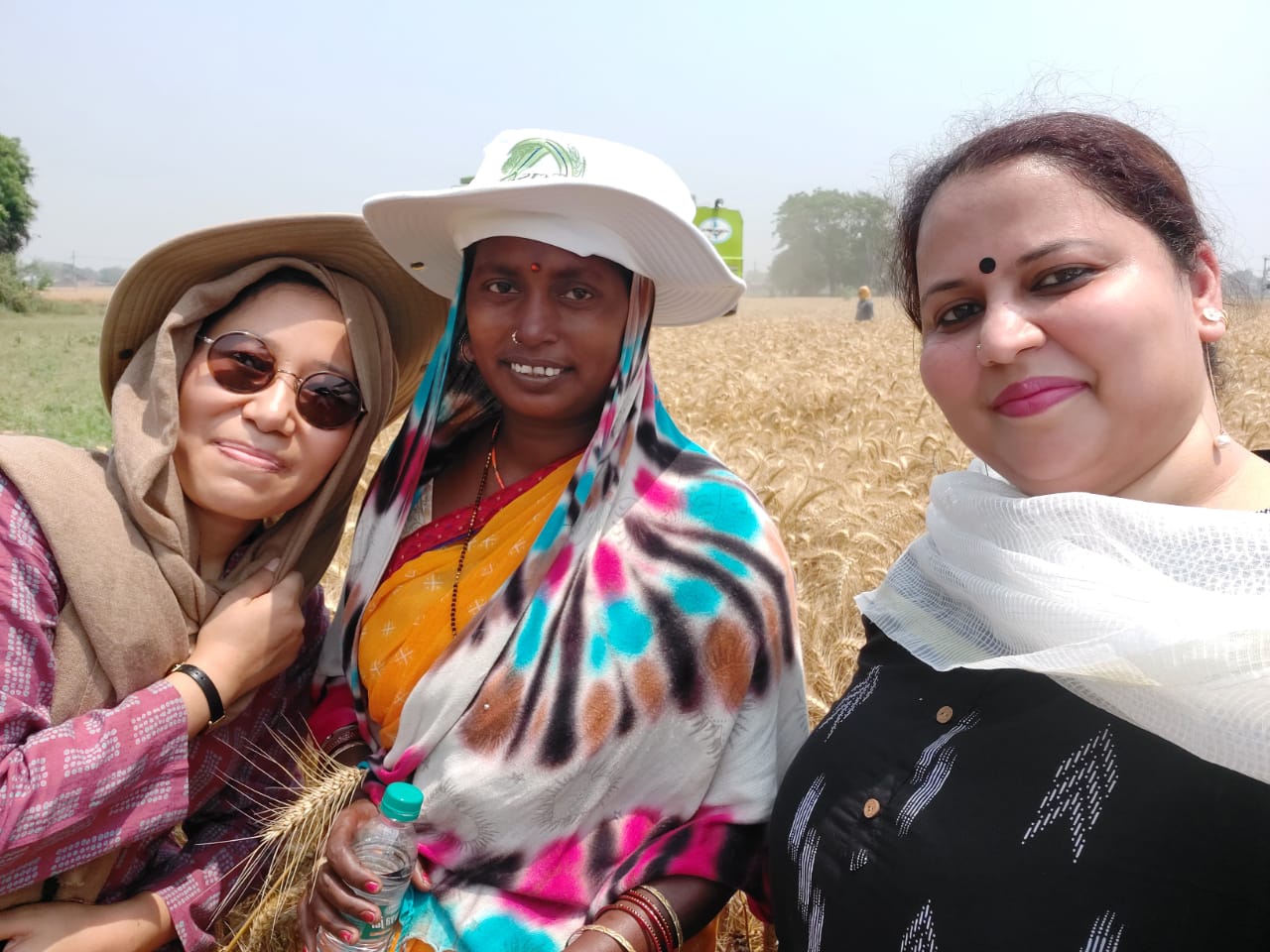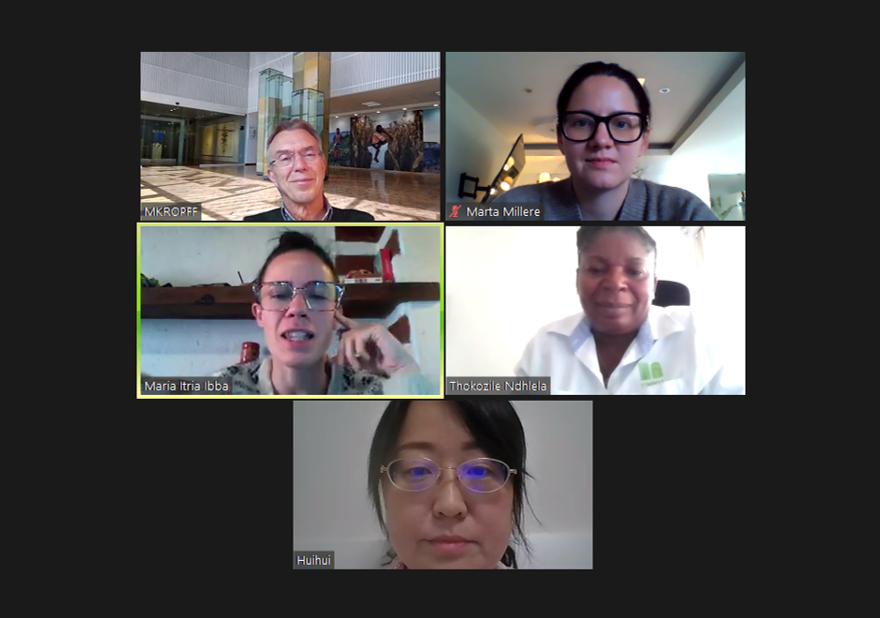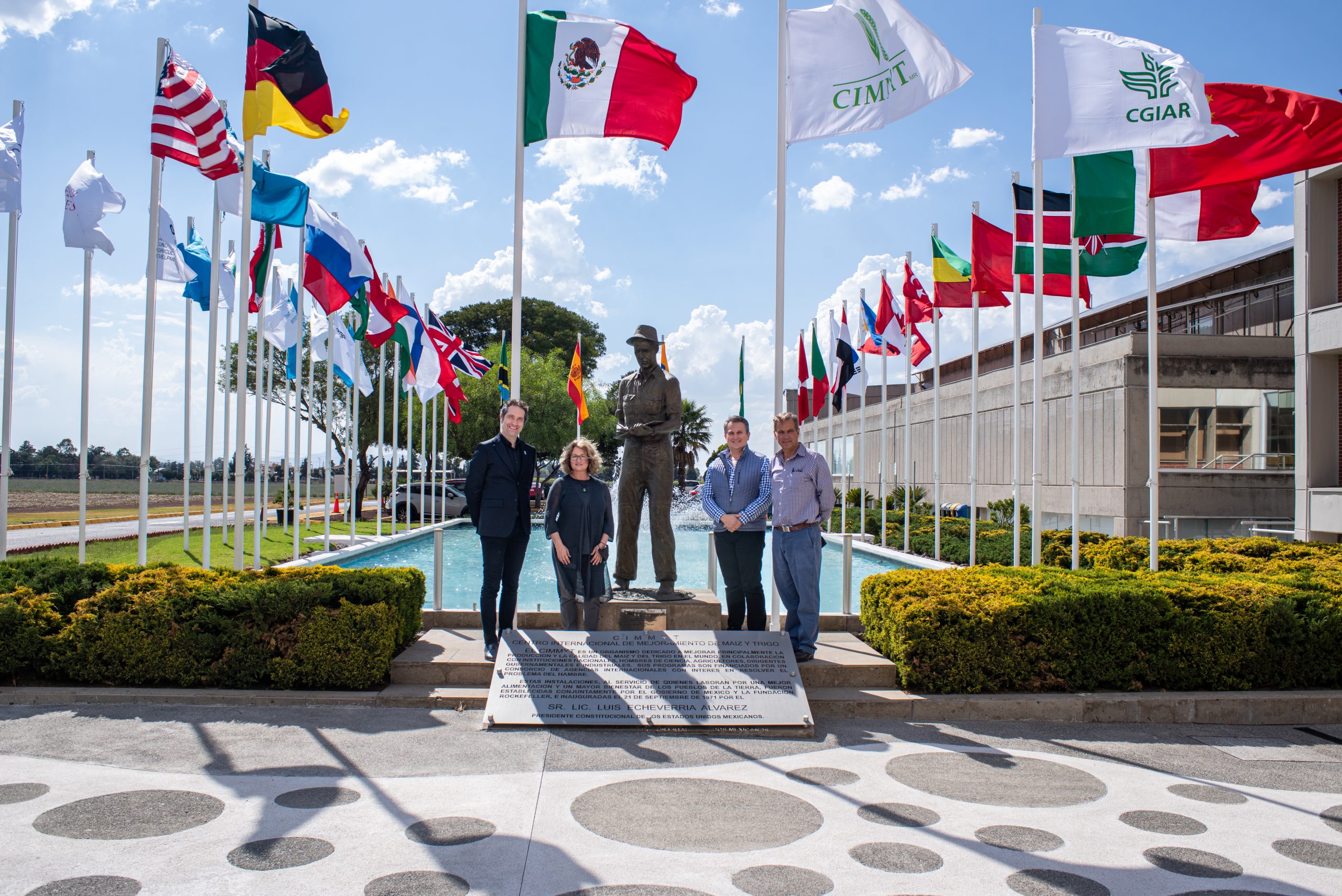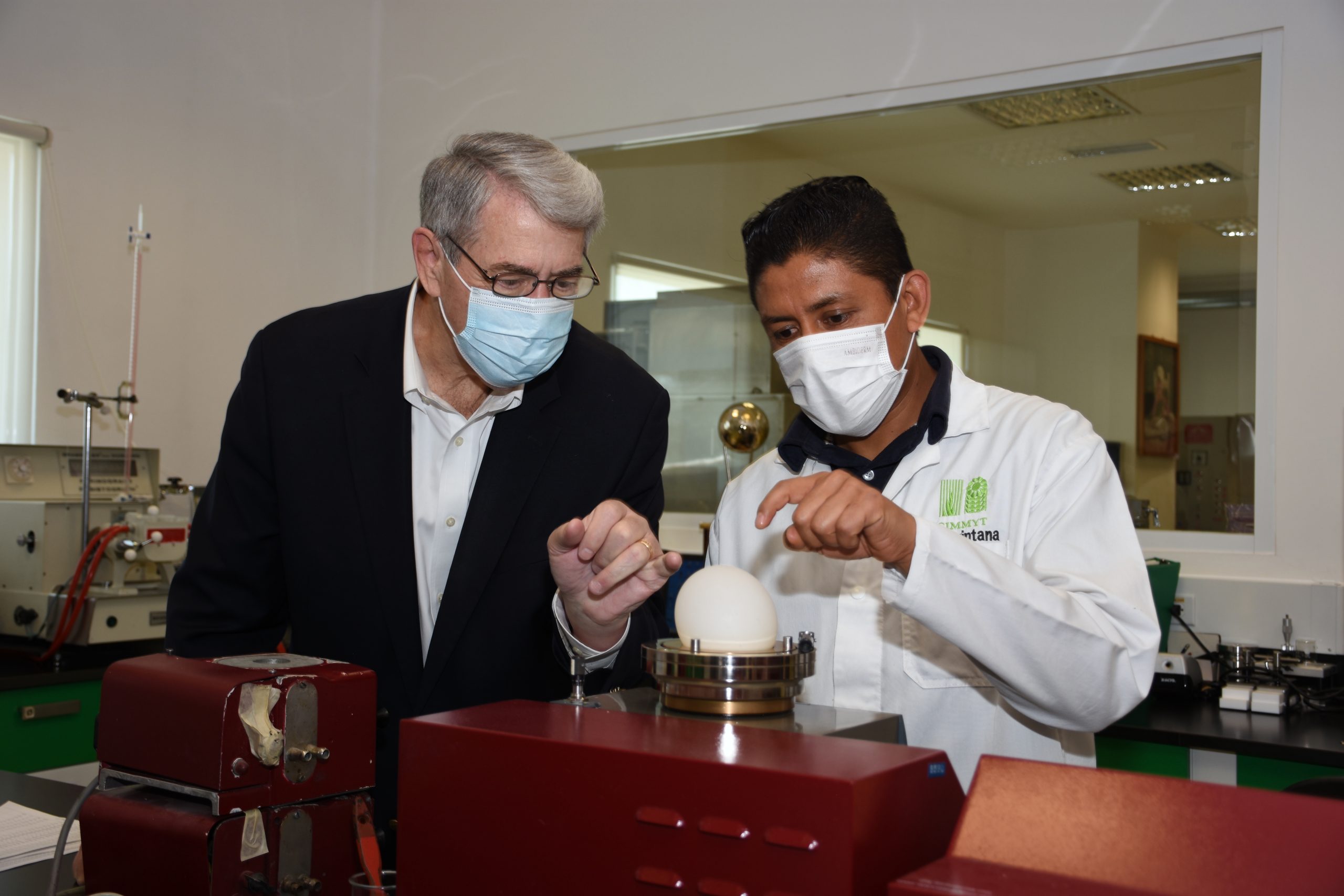To mark International Women’s Day 2023, Nele Verhulst, cropping systems agronomist at the International Maize and Wheat Improvement Center (CIMMYT), shares progress from the Women in Crop Science group and how their work tries to contribute to gender equality in agriculture and science.
Growing up in the nineties in Belgium, I was interested in feminism, but I also assumed that the fight for equal rights for women and men had been fought and won. Studying bioscience engineering in the 2000s, more than half of the students were women, so this demonstrated to me that we were all set (although the large majority of professors were men, it seemed to be just a matter of time for that to be resolved). I have now been working in Latin America as an agronomist and researcher for more than 15 years and have come to realize that there is still a lot of work to do to achieve equal opportunities for female farmers, farm advisors, scientists, and other professionals in agriculture.
At CIMMYT, between 20 and 25 percent of staff in the science career track – careers involving field, lab, data, and socioeconomic work – are female. Because of that, Alison Bentley and I started a group of women in crop science at CIMMYT about one year ago on the International Day of Women and Girls in Science in 2022. In our first meeting, we aimed to connect, discussed how to build a network (we did not even have a list of all women in science at CIMMYT, so it was hard to know who to invite), and decided whether we wanted to commit to additional actions to achieve a more inclusive environment at CIMMYT.
Since that first meeting, we have organized coffee mornings and other events, and have split into smaller working groups to draft action plans on ten topics: gender in the workplace strategy development, advancement for locally recruited staff, mentorship, recruitment processes, microaggressions, harassment policies, work-life balance, family friendly work environment, raising external awareness about women in agriculture, and ensuring internal visibility.
Our group is also linked to the worldwide network of Women in Crop Science and the One CGIAR Women in Research and Science (WIRES) group.
I have enjoyed being able to make some first small changes – who knew sanitary facilities would turn out to be a recurring topic! – but most of all I have loved the opportunities over the past year to connect with women with a shared passion for crop science in all its aspects. That passion and the opportunities it creates to improve the lives of farmers and rural communities is the most important thing we are celebrating today.
Cover photo: Women participate in a public harvest event for timely sown wheat organized by the Cereal Systems Initiative for South Asia (CSISA) project with Krishi Vigyan Kendra (KVK) in in Nagwa village near Patna in Bihar, India. (Photo: Madhulika Singh/CIMMYT)


 Gender equality, youth and social inclusion
Gender equality, youth and social inclusion 
